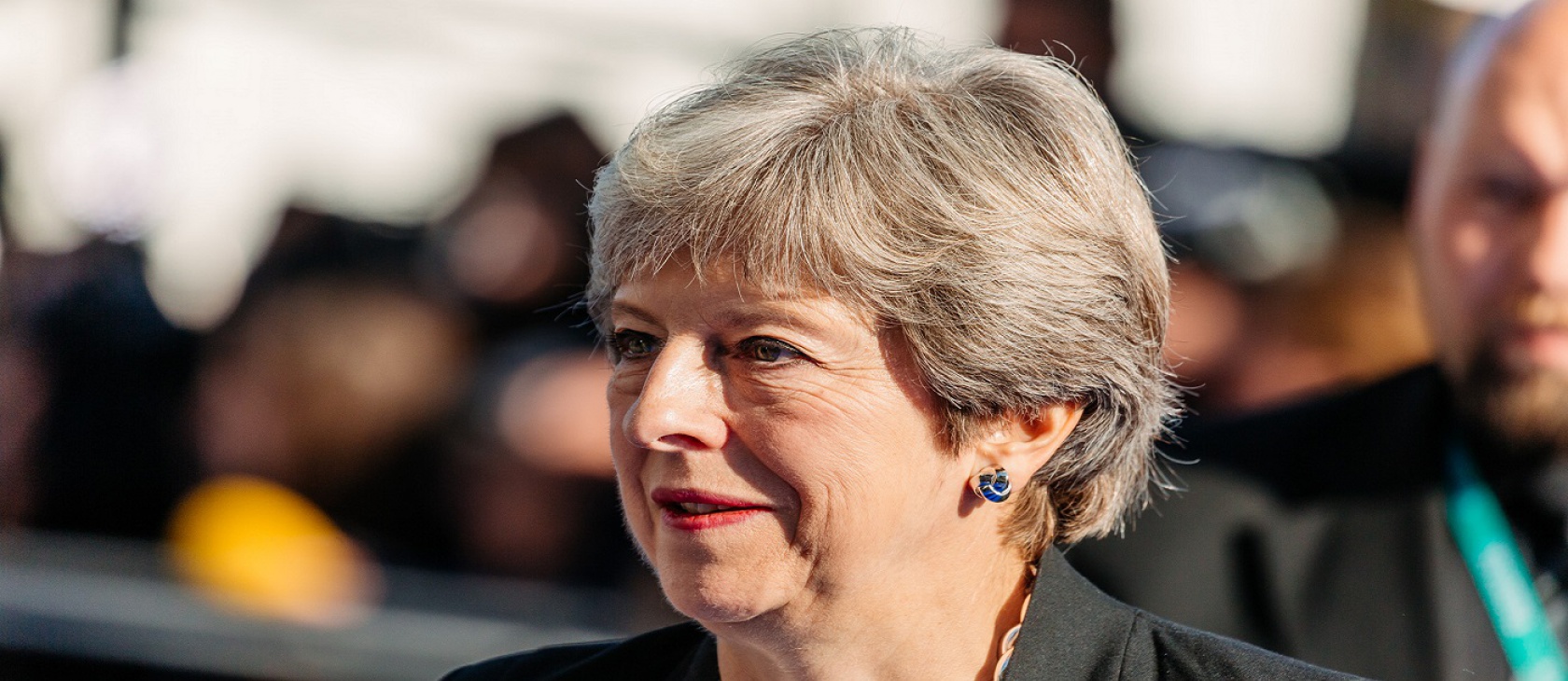Late on Sunday, the British Secretary of State for Exiting the EU, David Davis, resigned.
On Monday Boris Johnson, the Secretary of State for Foreign Affairs, also resigned.
The problem that spurred both resignations is Brexit and specifically Theresa May’s handling of the British side of Brexit negotiations.
On June 23, 2016, in the largest turnout ever in British electoral history, the UK voted to leave the European Union by 52 percent to 48 percent – or in real numbers, 17.4 million to Leave vs. 15.7 million to Remain. The result was not overwhelming, but certainly decisive, and it was contrary to most predictions and, hence, an unexpected vote.
Three issues lie at the core of Brexit: sovereignty, free trade, and immigration.
Since the referendum Theresa May, a rather uninspiring Prime Minister who puts pragmatism above principle, has guided through Parliament the formal notice to leave, mishandled a snap election which saw her lose her majority in Parliament and has presided over what must go down in history as one of the most botched set of negotiations ever.
May failed to set out a proper vision, asked the wrong questions, conceded without a fight, and has ended up in an unenviable situation.
With this as backdrop, she gathered her Cabinet at her country residence on Friday and forced through an agreement to pursue a Brexit that doesn’t really mean Brexit at all. The Cabinet agreement lasted less than 24 hours.
Why has this arisen and what does it mean?
The Eagles 1976 hit "Hotel California" has a memorable line, “You can check out any time you like, but you can never leave.” For most pro-Brexit politicians, policymakers, and observers in the UK this sums up the government’s evolving position on Brexit. Concession after concession to Brussels has, in effect, left Britain visionless for the future and potentially a vassal state to the EU.
The reasons this has occurred is because the government of the UK has lost sight of the principles which lay behind Brexit.
This is how those principles compare to the Cabinet agreement, which led to these recent resignations:
1. Sovereignty. The idea that Brussels would set the rules for trade and goods regulation in a “common trade area” covering most UK goods simply fails to recognise that most people wanted these rules and regulations set by the UK Parliament. To argue, as the Cabinet agreement does, that Parliament would have the final say in adopting a Brussels regulation (but there would be consequences) completely misses the point. The people want Parliament to have the first say, not last.
2. Free Trade. The “common rule book” means that the United Kingdom might be free in practice to pursue trade agreements elsewhere (with the U.S., for example). But the whole point of free trade is to manage divergence in rules, regulations, taxation for the mutual benefit of the partners, not the single benefit of the EU. The EU does not believe in free trade beyond its own borders. That is precisely why through is “customs union” (a form of which the UK would remain in) there is a Common External Tariff which is imposed on all trade outside of the single market and customs union. However, even if the UK were freed from imposing the Common External Tariff, the inability to negotiate regulations different from the EU will stifle free trade. The EU is essentially a protectionist partnership and that is one reason the negotiations have been so laborious; the EU simply cannot countenance a partnership with someone who doesn’t accept the EU’s principles. We have been asking the wrong questions. The government has been negotiating with the wrong people. We have been negotiating to remain as closely aligned as possible to the EU – hence they reject every compromise – rather than looking outwards to free trade arrangements with other countries.
3. Migration. Naturally, free movement of people does have benefits for trade and economics, as well as complexities for national identity and the rule of law. What the Remainers simply don’t get is that in the UK most people simply want considerably less immigration.
So, May has missed the point. She and her government have asked the wrong questions, negotiated with the wrong people, failed to establish real principles. And left us in Hotel California – checking out but not leaving. Yet we are paying £40 billion to check out.
Adherence to these principles would have meant a skeleton agreement around practicalities, payments to the EU for specific services received, trading under WTO rules, preferably with no tariffs and the freedom to set the rules for trade deals around the world, control over our own laws and control over the exact terms under which individuals may enter the country.
In 2016, UK voters decided that Brexit makes sense. But only when it really means Brexit.
(Photo credit: EU2017EE Estonian Presidency. This photo has been cropped and modified for size. CC BY 2.0.)




